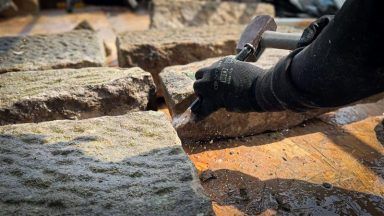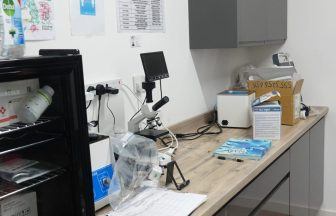Perth Leisure Pool has partly reopened after closing last Thursday due to the discovery of Cryptosporidium in the water.
Following “rigorous” testing and inspection the training pool and teaching pool reopened as normal on Thursday, November 2.
However, the flumes, leisure water, monkey jungle and outdoor lagoon will remain closed for the time being.
Live Active Leisure has said customer safety is its “top priority” and has urged swimmers to do all they can to help keep fellow customers safe in the water by following pool guidelines.
Providing an update on its Facebook page on Wednesday, November 1 a spokesperson for Perth Leisure Pool announced: “We’re delighted to let you know that following the completion of industry best practice protocols, inspection of pool plant and rigorous additional testing, the training pool and teaching pool at Perth Leisure Pool will reopen as normal on Thursday 2nd November. This includes swimming lessons which take place in these pools.
“Unfortunately, we are not yet in a position to reopen the flumes, leisure water, monkey jungle and outdoor lagoon and these areas will remain closed for the time being. We do hope to reopen these areas soon and will provide updates via our social media channels and website.
“Our pools have been closed since Thursday evening after we were alerted to the presence of Cryptosporidium in the water. Cryptosporidium can be passed in various ways from one person to another, including via pool water if persons who are unwell attend public swimming pools.”
“Cryptosporidium is commonly present in the environment and can cause diarrhoea, vomiting, stomach cramps and a slight fever. Anyone can get this illness, but it is especially common in young children. Illness is usually mild and most cases will clear up without treatment.
“However, if you or a family member have diarrhoea or other symptoms that are particularly frequent or severe, or lasts for more than seven days, or you’re otherwise concerned, you should contact your GP. Please see NHS Inform for more information.
“Unfortunately, Cryptosporidium is resistant to chlorine at the levels used in swimming pools and presents an increased challenge for operators to remove.”
Follow STV News on WhatsApp
Scan the QR code on your mobile device for all the latest news from around the country


 LDRS
LDRS




















